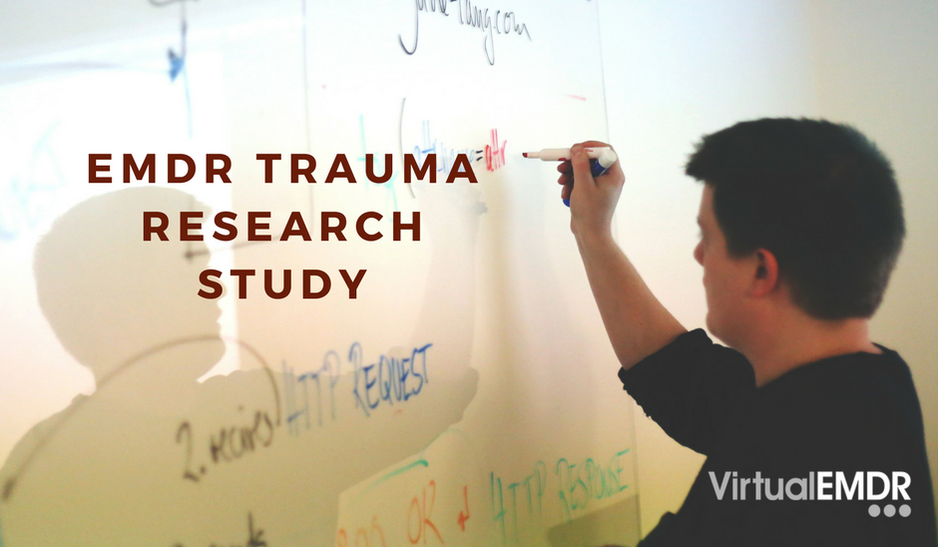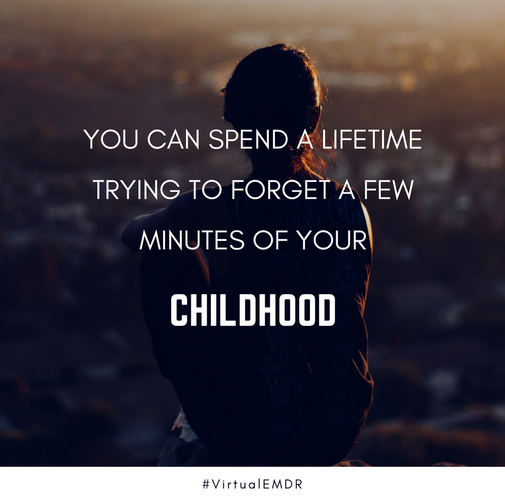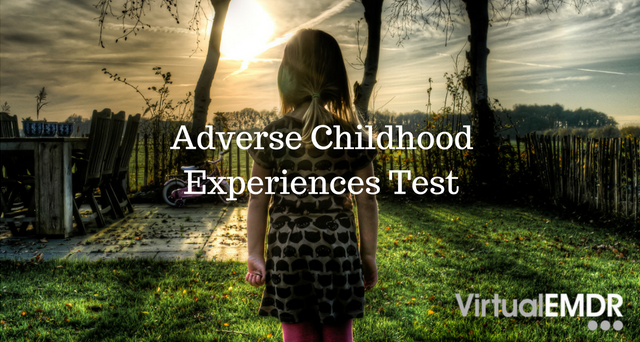VIRTUAL EMDR BLOG
What’s Next for Survivors of the Manchester Bombing?
24 May 2017
![]() Tag: PTSD
Tag: PTSD

Warning. This article contains some graphic truths.
Media sources are reporting the worst of horrors after a terrorist detonated a bomb filled with nails, nuts, and bolts just after an Arianna Grande concert in Manchester, England.
A streak of blood across the floor. Survivors lying quiet on the ground stunned and shocked. Others crying out in pain waiting for their injuries to be tended to. Witnesses report children blasted to pieces.
At the time of writing this, 22 are already confirmed dead.
For those that survived this terrorist attack, life will be forever changed. At least some (many) will develop the symptoms of Post-Traumatic Stress Disorder (PTSD).
Media sources are reporting the worst of horrors after a terrorist detonated a bomb filled with nails, nuts, and bolts just after an Arianna Grande concert in Manchester, England.
A streak of blood across the floor. Survivors lying quiet on the ground stunned and shocked. Others crying out in pain waiting for their injuries to be tended to. Witnesses report children blasted to pieces.
At the time of writing this, 22 are already confirmed dead.
For those that survived this terrorist attack, life will be forever changed. At least some (many) will develop the symptoms of Post-Traumatic Stress Disorder (PTSD).
Saffie Rose Roussos, eight, one of the victims of the terrorist bomb attack
They will start to feel unsafe in public places. Or perhaps constantly alert and mentally switched on vigilantly watching for danger. They may start to experience explosive or uncontrolled emotional outbursts. And that’s just the tip of the iceberg.
The Adverse Childhood Experiences Test (You can take the ACE Test on our website here) is a gold-standard mental health self-assessment tool for determining how traumatic experiences in childhood bleed over into serious life management problems in adulthood.
And according to data from the ACE Test, the children victimized by this terrorist attack now have a higher percentage chance of becoming drug addicts and alcoholics later in life. They even have a statistically higher likelihood of developing depression, or having lung disease, hepatitis, heart disease and even cancer.
In fact, witnessing traumatic events in childhood has been linked to a suicide rate that is an astounding 1220% higher than normal.
The Adverse Childhood Experiences Test (You can take the ACE Test on our website here) is a gold-standard mental health self-assessment tool for determining how traumatic experiences in childhood bleed over into serious life management problems in adulthood.
And according to data from the ACE Test, the children victimized by this terrorist attack now have a higher percentage chance of becoming drug addicts and alcoholics later in life. They even have a statistically higher likelihood of developing depression, or having lung disease, hepatitis, heart disease and even cancer.
In fact, witnessing traumatic events in childhood has been linked to a suicide rate that is an astounding 1220% higher than normal.
ACCORDING TO MEDICAL NON-PROFIT THE MAYO CLINIC, THEIR PTSD SYMPTOMS MAY INCLUDE-
- Recurrent, unwanted distressing memories of the traumatic event
- Reliving the traumatic event as if it were happening again (flashbacks)
- Upsetting dreams or nightmares about the traumatic event
- Severe emotional distress or physical reactions to something that reminds you of the traumatic event
- Trying to avoid thinking or talking about the traumatic event
- Avoiding places, activities or people that remind you of the traumatic event
- Negative thoughts about yourself, other people or the world
- Hopelessness about the future
- Memory problems, including not remembering important aspects of the traumatic event
- Difficulty maintaining close relationships
- Feeling detached from family and friends
- Lack of interest in activities you once enjoyed
- Difficulty experiencing positive emotions
- Feeling emotionally numb
- Being easily startled or frightened
- Always being on guard for danger
- Self-destructive behavior, such as drinking too much or driving too fast
- Trouble sleeping
- Trouble concentrating
- Irritability, angry outbursts or aggressive behavior
- Overwhelming guilt or shame
- Re-enacting the event or aspects of the traumatic event through play
- Frightening dreams that may include aspects of the traumatic event
WHAT CAN VICTIMS DO TO FEEL BETTER AND GET WELL?
Science is making more progress than ever before in cracking the code on how to best treat trauma and PTSD. And survivors have more options than ever before including high-tech neuro-scientific treatment approaches.
Here’s a list of some of the best treatment options available:
Here’s a list of some of the best treatment options available:
- Group Therapy- a place where a group of survivors gather to talk through and process their PTSD experiences together.
- EMDR Eye Movement Therapy- either in-person with an EMDR therapist, or at-home and online with the Virtual EMDR Program.
- Cognitive Behavioral Therapy (CBT)-an intensive therapy approach focused on helping survivors relive and face their traumatic past experiences.
- Medication- a doctor or psychiatrist can prescribe medications that may help make PTSD symptoms feel more manageable.
- Talk Therapy- one-to-one sessions with a therapist either in-office or online.
WHAT CAN YOU DO TO HELP?
If someone you know has been shell-shocked by a traumatic life experience, you can take a few simple steps to help them.
First, reach out to them and be a friend (or a parent or a family member)-there’s nothing like having someone you trust nearby to get you through the bad times.
Second, point them in the direction of the recovery resources we just talked about: a good therapist, EMDR Therapy treatments, or support groups.
And third, just listen. For people with PTSD, sharing their story is often key for them to move on and get well. Offer an ear and hear what it is they have to say.
AUTHOR NOTE- Speaking on a personal level, my heart is broken. I am the father of a sweet, beautiful two-year old daughter. I cannot imagine the pain these families face in the sudden loss of their most cherished. And I wish I could do more for them than just pray.
*If you are a victim of this incident, Virtual EMDR is 100% free for you.
Please email us here and we will arrange for your free access. Be sure to mention why you are emailing.
First, reach out to them and be a friend (or a parent or a family member)-there’s nothing like having someone you trust nearby to get you through the bad times.
Second, point them in the direction of the recovery resources we just talked about: a good therapist, EMDR Therapy treatments, or support groups.
And third, just listen. For people with PTSD, sharing their story is often key for them to move on and get well. Offer an ear and hear what it is they have to say.
AUTHOR NOTE- Speaking on a personal level, my heart is broken. I am the father of a sweet, beautiful two-year old daughter. I cannot imagine the pain these families face in the sudden loss of their most cherished. And I wish I could do more for them than just pray.
*If you are a victim of this incident, Virtual EMDR is 100% free for you.
Please email us here and we will arrange for your free access. Be sure to mention why you are emailing.
Be the first to comment.









View Comments